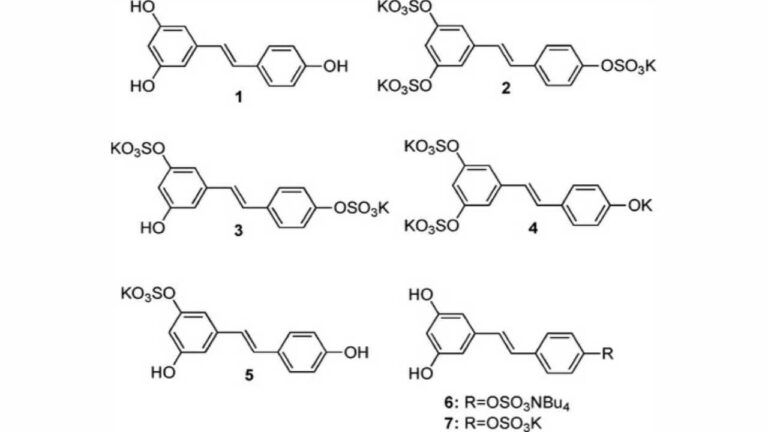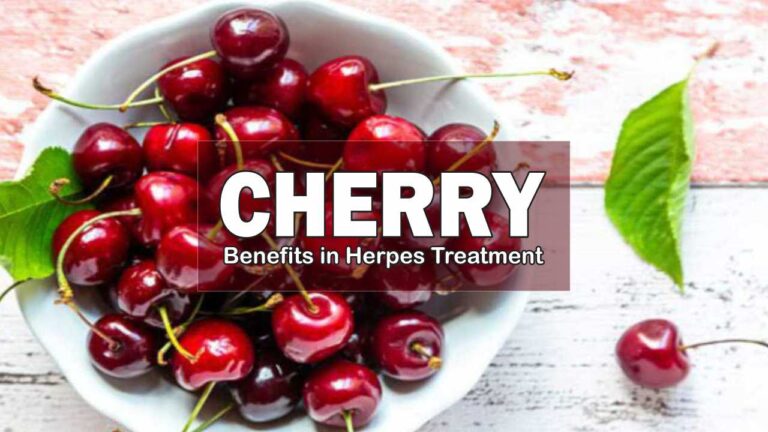There are several medications available to treat herpes, but the search for more effective and safe options still continues. This is where turmeric root comes in, a plant that contains an active compound called curcumin, which has shown promising results in the treatment of herpes.

Research on the use of Turmeric Root in the Treatment of Herpes
- “Antiviral activity of curcumin-nanoemulsion associated with photodynamic therapy in vulvar cell lines infected with the herpes simplex virus” (Ataíde et al., 2019)
This study evaluated the antiviral activity of curcumin in combination with photodynamic therapy in the treatment of genital herpes.
The results showed that curcumin nanoemulsified in combination with photodynamic therapy was able to significantly reduce viral replication in cells infected with herpes simplex virus type 2 (HSV-2). - “Curcumin, a promising antiviral for herpes simplex virus infections” (Panahi et al., 2019)
This study reviewed existing literature on the use of curcumin in the treatment of herpes simplex virus infections.
The authors concluded that curcumin has significant potential as an antiviral treatment for herpes simplex virus due to its antiviral, anti-inflammatory, and antioxidant properties. - “Efficacy and safety of curcumin in treatment of recurrent oral herpes” (Sahebkar et al., 2016)
In this randomized, double-blind, placebo-controlled clinical trial, researchers investigated the efficacy and safety of curcumin in the treatment of recurrent oral herpes.
The results showed that the group that received curcumin had a significant reduction in the frequency and duration of herpes outbreaks compared to the control group that received placebo. Additionally, curcumin was well tolerated by participants and did not present significant side effects.
Benefits of Turmeric Root in the Treatment of Herpes
Turmeric is a rich source of important nutrients for the treatment of herpes, including curcumin, vitamin C, zinc, beta-carotene, and iron. Its consumption may help combat herpes virus infection, reduce inflammation, and maintain a healthy immune system.
Below are the main nutrients in turmeric and their benefits in treating herpes:
Curcumin
Curcumin is the main active component found in turmeric. It has antiviral, anti-inflammatory, and antioxidant properties that can help treat herpes. Studies have shown that curcumin can reduce the replication of the herpes virus, decrease inflammation associated with the disease, and accelerate wound healing.
Vitamin C
Vitamin C is an essential nutrient for immune system health and is required for the production of white blood cells, which help fight infections, including herpes. Additionally, vitamin C has antioxidant properties that can help reduce oxidative stress and inflammation caused by herpes.
Zinc
Zinc is an important mineral for immune system function and can help prevent viral replication. It is required for the production of antibodies, which are proteins produced by the immune system to fight infections. Zinc also helps maintain the integrity of the skin and mucous membranes, which are affected by herpes.
Beta-carotene
Beta-carotene is an antioxidant that is converted into vitamin A in the body. Vitamin A is important for the health of the skin and mucous membranes, which are affected by herpes. It also helps to maintain immune system function, which can be useful in treating the disease.
Iron
Is an important mineral for the production of red blood cells, which are responsible for transporting oxygen throughout the body. Iron deficiency can lead to anemia, which can weaken the immune system. A diet rich in iron can help prevent this condition and keep the immune system healthy, which is important for herpes treatment.
In addition to these nutrients, turmeric root also contains other beneficial compounds, such as gingerol and curcumenol, which have anti-inflammatory and antioxidant properties. These compounds can help reduce inflammation caused by herpes and accelerate the healing of wounds.
Using turmeric root as a complement to therapy for herpes is important; it does not replace conventional medical treatment.
How to include Turmeric Root in a diet to help with Herpes Treatment
There are several ways to include turmeric root in the diet to support the treatment of herpes. Here are some suggestions:
Add turmeric powder to savory dishes
Turmeric root has a bitter and slightly spicy flavor, which makes it a great addition to many savory dishes, such as rice, soups, stews, vegetables, and meats. Try sprinkling a teaspoon of turmeric root powder over your favorite dishes.
Make a hot drink with turmeric root
You can make a hot drink with turmeric root by adding a teaspoon of turmeric powder to a cup of hot milk or tea. Add a little honey to sweeten it and enjoy the calming benefits of turmeric root.
Natural supplement containing turmeric root
A quick, easy, and tasty way to get the nutrients of turmeric root is to consume a natural powder supplement with natural ingredients, which is practical for people who are always busy and have no time to prepare a healthy food.
Add turmeric to smoothies
You can add a teaspoon of turmeric powder to your smoothies for an extra nutritional boost. Turmeric combines well with fruits such as bananas, mango, and pineapple.
Make a turmeric root paste
Mix turmeric root powder with hot water until it forms a paste. Then add this paste to savory dishes such as salad dressings or marinades for meats.
Sumary
Turmeric root contains curcumin which can treat herpes with its antiviral and anti-inflammatory properties. Curcumin can reduce herpes replication, decrease inflammation, and accelerate wound healing.
Turmeric root also contains other nutrients like vitamin C, zinc, beta-carotene, and iron, which are important for the immune system and aid in herpes treatment. People can add turmeric root to their food, drinks, or take it as a supplement.
People should use turmeric root as a complementary therapy and not as a replacement for conventional medical treatment for herpes.




